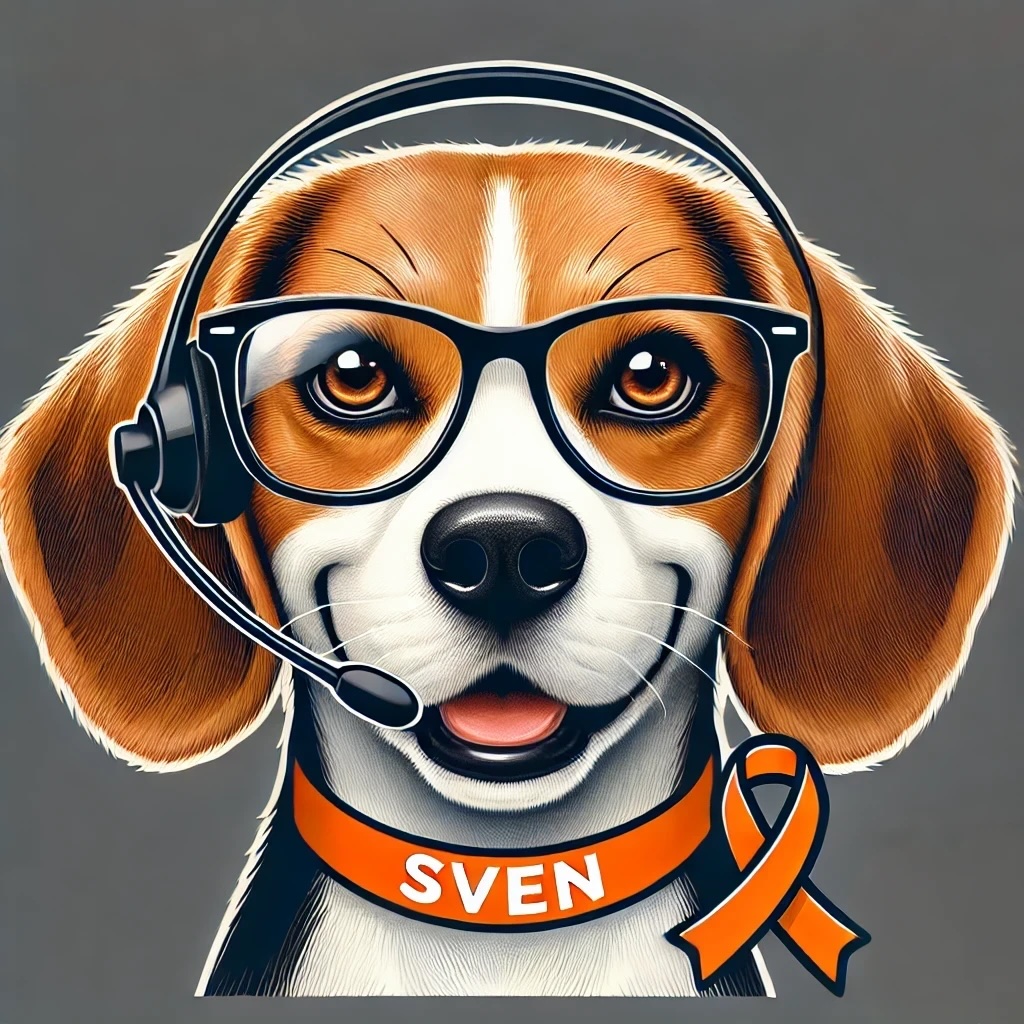Standards For Supervised Visitation Practice
12.0 Training & Education
12.1 Purpose
The long-term goal of SVN is to develop and approve an international training curriculum, which will become the standard for supervised visitation providers and will cover each of the topic areas listed below. Until such time that this curriculum is developed and approved, the minimum required training and education requirements are defined by the number of hours for the topic areas listed below.
12.2 General Training Principles
- The training of a provider must correspond with the services offered by the provider.
- The training specified below must be completed within 12 months of employment.
- Any person who has not completed the required training, may provide direct service only under the supervision of a person who has completed the required training.
12.3 Training for Visit Supervisors
Practicum training for trainees must include:
- Direct observation of parent/child contact performed by a trained visit supervisor (shadowing);
- Co-supervision of the visit by the trainee with a trained visit supervisor; and
- Direct observation by a trained visit supervisor while the trainee independently supervises the visit (reverse shadowing).
- New or geographically isolated trainees may substitute using a video of parent/child contact and telephone consultation from a trained visit supervisor for shadowing and reverse shadowing. Once there is a trained visit supervisor on site, the requirement of section 12.3(1) must be followed.
Any person who provides direct service to a client or who does clinical supervision of a person providing direct service must complete 24 hours of training covering at least:
- SVN Standards and Code of Ethics when developed;
- Provider policies and procedures;
- Safety for all participants;
- Mandatory child abuse reporting;
- Professional boundaries, conflict of interest, confidentiality, and maintaining neutrality;
- Basic stages of child development;
- Effects of separation and divorce on children and families;
- Grief and loss associated with parental separation and removal from the home due to child abuse and neglect;
- Cultural sensitivity and diversity;
- Family violence, including domestic violence and the effects of domestic violence on children;
- Child abuse and neglect, including child sexual abuse;
- Substance abuse;
- Provisions of service to parents and children with mental health and developmental issues or other physical or emotional impairment;
- Parent introduction/re-introduction;
- Parenting skills;
- Assertiveness training and conflict resolution;
- How and when to intervene during visits or exchanges to maintain the safety of all participants;
- Observation of parent/child interactions;
- Preparation of factual observation notes and reports; and
- Relevant laws regarding child custody and visitation and child protection.
12.4 Training for Supervised Exchange
Not withstanding the requirement of section
12.3 above, any person providing only supervised exchange services may meet these standards by completing 16 hours of training to include the following:
- SVN Standards (and SVN Best Practice Guidelines and Code of Ethics when developed);
- Provider policies and procedures;
- Safety for all participants;
- Mandatory child abuse reporting;
- Professional boundaries, conflict of interest, confidentiality, and maintenance of neutrality;
- Effects of separation and divorce on children and families;
- Family violence, including domestic violence and the effects of domestic violence on children;
- Cultural sensitivity and diversity;
- Child abuse, including child sexual abuse and neglect;
- Substance abuse;
- Provisions of service to parents and children with mental health and developmental issues or other physical or emotional impairment;
- Parent introduction/reintroduction;
- Assertiveness training and conflict resolution;
- How and when to intervene during exchanges to protect and maintain the safety of all participants; and
- Relevant laws regarding child custody and visitation and child protection.
12.5 Training for Provider Management
Any individual provider or any person who is responsible for management of a program, in addition to the requirements of sections 12.3 or section 12.4 above, must complete an additional 16 hours of training covering at least the following topics:
- Receiving referrals;
- Conducting intake and orientation, including preparing children;
- Record keeping and confidentiality;
- Establishing a visitation contract with clients;
- Setting fees;
- Setting conditions (rules) for receiving services;
- Setting up the physical space or location for safe visits/exchanges;
- Collaborating with the court, child protective agencies, and other referring sources;
- Referring clients to other services;
- Training and supervising staff, including volunteers and interns;
- Reporting to the court or other referring sources;
- Testifying in court;
- Suspending and/or terminating services; and
- Managing and reviewing cases.
Any person in management who has no direct contact with clients and does not supervised direct service staff is not required to fulfill the requirements of sections 12.3 or 12.4.
Any person who provides clerical functions and who has no direct contact with clients is not required to fulfill the requirements of sections 12.3, 12.4, or 12.5.
12.6 Training for Supportive Supervision
In addition to the above, a visit supervisor providing supportive visitation must complete additional training on the following topics:
- Child Development
- Trauma Informed Interventions to promote (change;) positive visits.
- Parenting skills
- Communication Skills
- Behaviors that facilitate positive attachment, separation, and reconnection
12.7 Training for Educational or Parent Coaching
In addition to the above, a visit supervisor providing parent coaching/parent education must complete additional training on the following topics:
- Recognized parent education curriculum
- Lesson plan development
- Assessment process
12.8 Training for Therapeutic Supervision
-
Any person providing therapeutic supervised visitation services must be a licensed mental health professional with experience in both family therapy and supervised visitation. A master’s level clinician who is pursuing their licensure, or a master’s level clinical intern, can also provide these services if they are being directly supervised by an appropriate licensed mental health professional. All providers must complete the training specified in section 12.3 above.
-
Any clinician providing therapeutic supervised visitation services must have education and experience in areas to meet the specific needs of each family. These may include domestic violence, substance abuse, child abuse, mental health issues have had training in trauma informed interventions. In addition, the professional must also have knowledge and expertise in working with their local CPS services and their local probate and family court.
12.9 Training for Community Based Supervised Visitation
In addition to the above, a visit supervisor providing Community Based visitation must complete additional training on the following topics:
1. Deescalation in Community Settings
2. Emergency Response/Safety Protocols
3. Risk Management
4. Safety Analysis of Community Based Visitation locations
|

